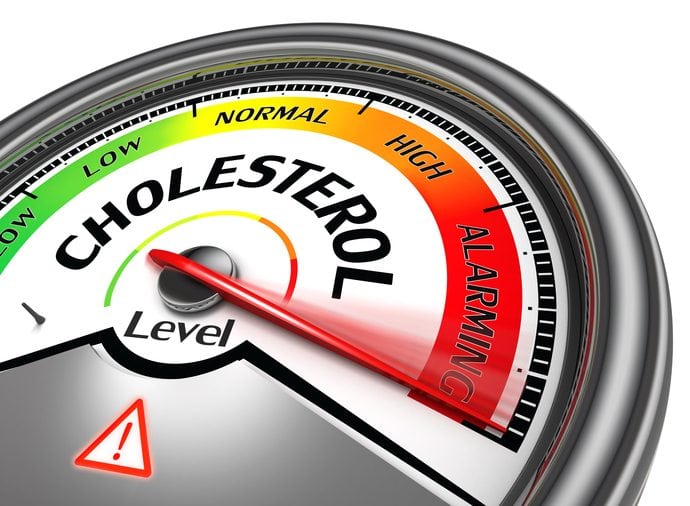
Elevated blood cholesterol is a major modifiable risk factor for coronary disease. Lack of regular brisk physical activity, obesity and a diet high in saturated fats, trans fats and simple sugars leads to elevations in cholesterol levels. A more active lifestyle, maintenance of an ideal body weight and a healthy diet will lower cholesterol levels.
A lipid panel includes your total cholesterol, low density lipoprotein (LDL) cholesterol, high density lipoprotein (HDL) cholesterol and triglycerides. Low-density lipoprotein (LDL) cholesterol, also commonly referred to as “bad cholesterol,” is the primary target of cholesterol lowering treatment strategies. LDL is believed to be directly involved in the formation of plaque, which blocks the arteries and can put you at risk for a heart attack.
High-density lipoprotein (HDL) cholesterol, also referred to as “good cholesterol,” functions to remove cholesterol from the blood. Low levels of HDL are associated with a higher risk of plaque build-up. HDL levels tend to be lower in men than in women.
The National Cholesterol Education Program group recommends that a cholesterol panel be checked at least once every five years for all persons over the age of 20. The U.S. Preventive Services Task Force (USPSTF) takes a more conservative approach and recommends screening all men over the age of 35 and younger men over the age of 20 if they have additional coronary risk factors. They recommend screening women with risk factors over the age of 45.
The approach taken to lower your cholesterol and the target cholesterol goals will depend on how high your cholesterol is to begin with and what other cardiac risk factors you have. If you have no coronary risk factors, than a goal LDL of less than 130 is adequate. If you have multiple risk factors or have known heart disease, than your numbers should be more aggressively lowered to an LDL of less than 100 or even less than 70mg/dL.
Always address concerns with your doctor. If you need to find a physician, please visit myhhcdocs.org or call 1.855.HHC.HERE (1.855.442.4373).

